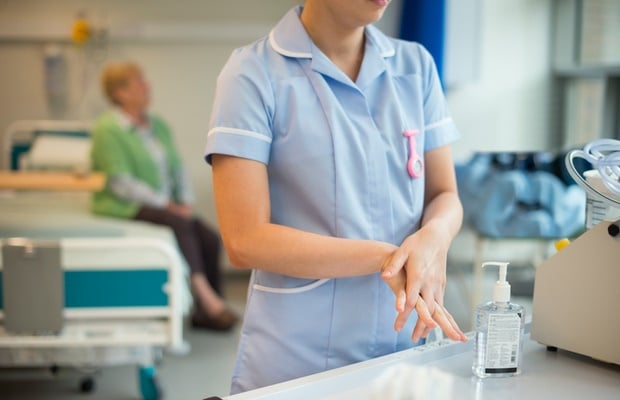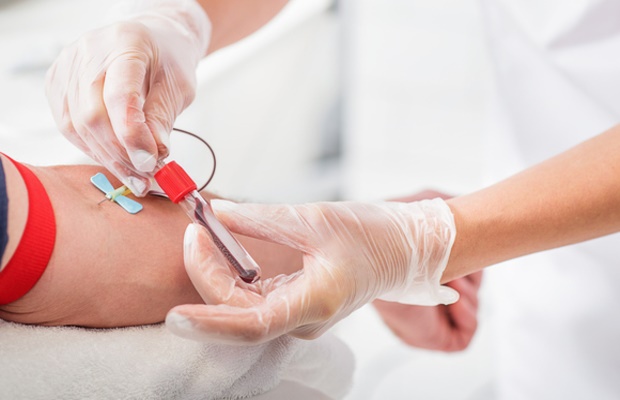Post-exposure prophylaxis (PEP) is a way to prevent HIV infection when you were in a situation where you might have been infected.
We discuss the scenarios when you should take PEP and everything else you should know.
What exactly is PEP?
Health24 HIV expert Dr Sindisiwe van Zyl gives the following explanation: “PEP is a short-term antiretroviral treatment that is given for 28 days to protect you from HIV infection. It has to be started within 72 hours of the exposure. The condition is that we have to test you for HIV and only give PEP if you test negative. If you test positive, we will do the necessary blood tests etc. to prepare you for lifelong antiretroviral treatment. For PEP we use Truvada (or its generics) and Isentress. These are antiretroviral drugs that are also used for HIV treatment.”
PEP is essentially an emergency measure taken in the following scenarios:
1. When you’ve been exposed to blood and bodily fluids
It’s common for some people to be exposed to blood and bodily fluids, especially in a medical or care-taking environment.

2. When you’ve been raped or sexually assaulted
It’s important to take PEP after a case of sexual assault or rape. Even when sexual intercourse didn’t happen, there could still have been exposure to blood or bodily fluids. Unfortunately many victims choose not to adhere to PEP as they are worried about the stigma, the side-effects of the treatment and a lack of support from family and friends.

3. When you voluntarily shared a needle with someone
For people who have shared needle equipment. If it has been established that the other person who used the needle has HIV, PEP may be recommended.

4. When you’ve been exposed to a used needle or sustained a needle injury
These types of injuries can occur in the healthcare sector. But PEP is not always recommended for a needle injury from a discarded needle outside a healthcare setting. The reason is that because the virus cannot survive long outside the human body, it is very unlikely that the needle would infect anyone.

5. In the case of unprotected consensual sex
PEP may be recommended if it is known that the sexual partner has HIV. It is however often not recommended as the risks may outweigh the benefits. This can vary depending on the setting, or whether the sexual partner is from a “high-risk group”. PEP would rarely be recommended in cases of non-penetrative sex.

What you should know about PEP
- It should be taken no more than 72 hours after possible exposure.
- It can cause unpleasant side-effects such as nausea and fatigue.
- It can be obtained from most clinics and healthcare centres in South Africa.
- It is a short-term emergency measure and shouldn’t be seen as a regular precaution.
And when do you go on ARVs?
“In September 2016 the Department of Health approved UTT Universal Test and Treat for South Africa. This means that if someone gets tested for HIV and they test positive, they undergo all the necessary counselling, blood tests and clinical assessments to prepare them for lifelong antiretroviral treatment,” says Dr van Zyl.
The patients that start treatment on the VERY same day or within the week are pregnant women that are diagnosed as HIV positive. These are urgent cases.
Unfortunately PEP is not the long term solution to stop the spreading of HIV. The responsible thing to do is to get tested regularly and to disclose your status to potential partners.
Image credits: iStock





